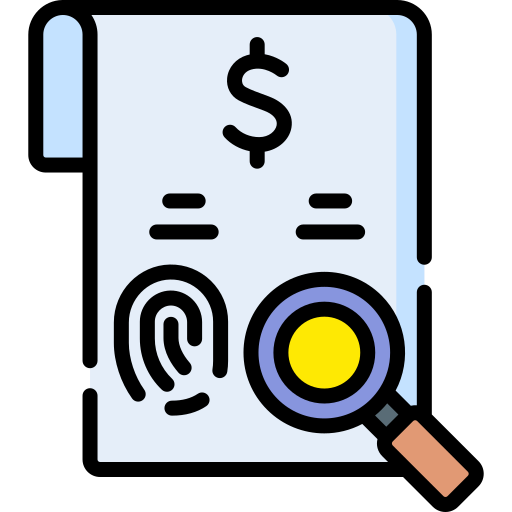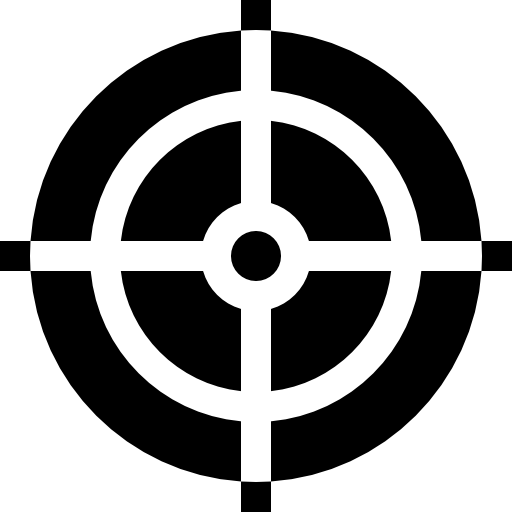
This logo isn't an ad or affiliate link. It's an organization that shares in our mission, and empowered the authors to share their insights in Byte form.
Rumie vets Bytes for compliance with our
Standards.
The organization is responsible for the completeness and reliability of the content.
Learn more
about how Rumie works with partners.
 This Byte describes crime scenarios that may be disturbing to some readers.
This Byte describes crime scenarios that may be disturbing to some readers.
Are you a true crime fanatic? Do you enjoy solving puzzling mysteries? Are you a scientist who wishes to bring the scientific research process to a team of crime investigators and lawyers?
Well, look no further! Here is an in-depth outline of the different career paths for a forensic investigator to help you decide which one may just be the right fit for you.
Can being a forensic investigator be a very gruesome job? Yes! Beware that the crime scenes you'll travel to for evidence collection can often be disturbing.
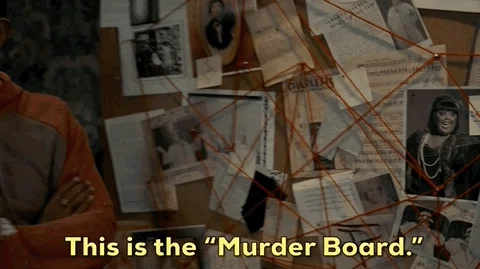
How Do I Become a Forensic Investigator?
To excel in any forensic investigator role, you'll need to meet specific educational requirements.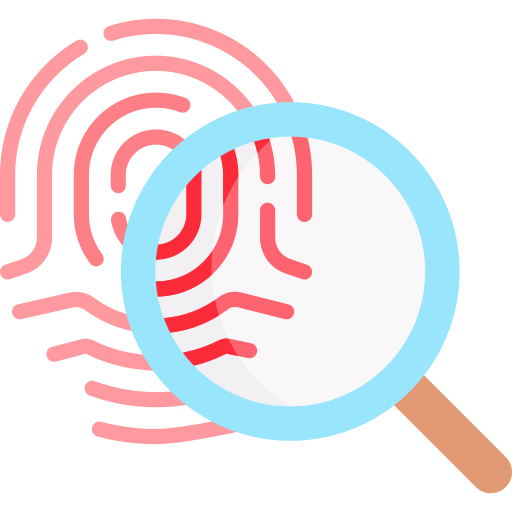
During a crime scene investigation, you'll need to conduct analyses through evidence collection and lab work for bloodstains, toxicologies, DNA analysis, and much more.
This requires a solid understanding of biology, chemistry, toxicology, conducting lab experiments and creating detailed reports, as well as psychology through a four-year science degree.
These are the common degrees chosen:
Forensic science
Biochemistry
Forensic biology
Psychology
Additional criminology or criminal justice courses will further develop your understanding of all things forensics!
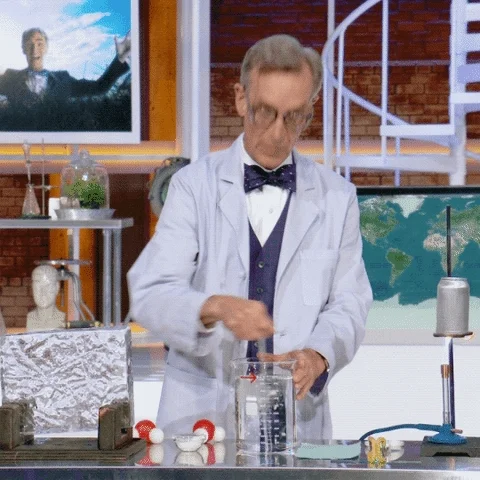
What Does A Forensic Investigator Do?
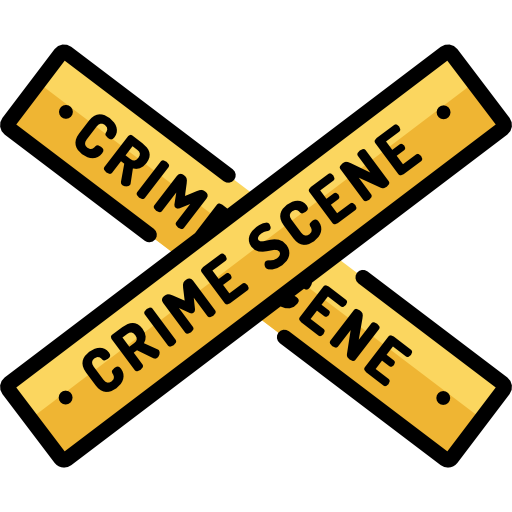
Forensic investigators will search for evidence, including:
Footprints and fingerprints
Hair and fibres
Blood splatters and other bodily fluids
Human tissue
Fire debris and/or tire tracks
What Other Career Paths Exist?
Forensic investigators are important to many different roles required in crime scene investigations.
If working directly at the crime scene doesn't seem like the right fit, forensic investigators' skills are also useful elsewhere!

As a forensic investigator, you have the option to specialize in a specific career path within crime scene investigations, choosing to work only in the lab, at a law enforcement agency, or in an office.
Quiz
Which of the following roles delves into the subconscious of the criminal?
As a forensic investigator, many roles require you to directly work with the scientists and investigators to analyze the scene's evidence and understand the "why" behind the crime. As a ballistics analyst, document examiner, and digital forensics examiner, you piece together the "mystery" pieces of a crime investigation, helping to solve unanswered questions that emerge from lab and crime scene evidence. However, as a forensics psychologist, you're directly working with the criminals, focusing on their mental health history and understanding their motive for a crime.
Did you know?
Take Action
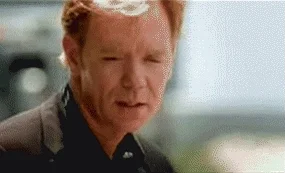
Do you wish to learn more about career paths as a forensic investigator?
If you do:
This Byte has been authored by
Mehwish Saeed
Content Writer
MT and BSc
